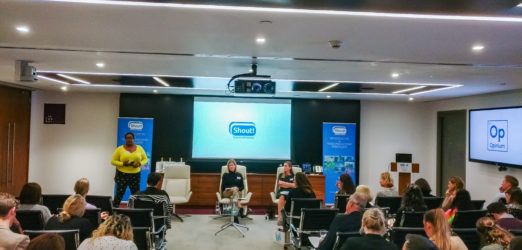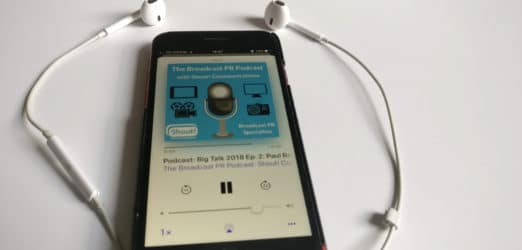Tips, thoughts and the latest happenings in broadcast PR and general PR. The Shout! Communications’ blog keeps our followers up-to-date about what’s happening on television, online and on radio.

19. Jul 2019
This blog is a based on Is Research Dead? a programme broadcast on Shout! Digital Radio earlier this year. In this programme Joint MD of Shout! Communications Keren Haynes talked to Lucy Davies, Brand Manager at Direct Line Group and 72point’s Director of Strategy, Jay Williams, about the best use of research in PR.








